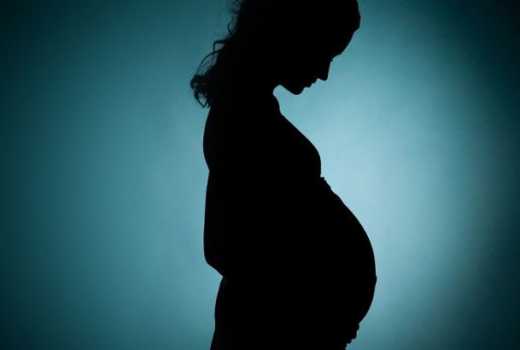×
The Standard e-Paper
Join Thousands Daily

World Bank says 510 maternal deaths occur per 100,000 births in Kenya while Ministry of Health data shows majority die of obstetric haemorrhage
Kevin Wekesa, a father of three from Kawangware in Nairobi, remembers the call that came just a day before Christmas. His wife Beatrice Luvule was on the other end of the line. She was panting while whispering that Wekesa needed to rush home.